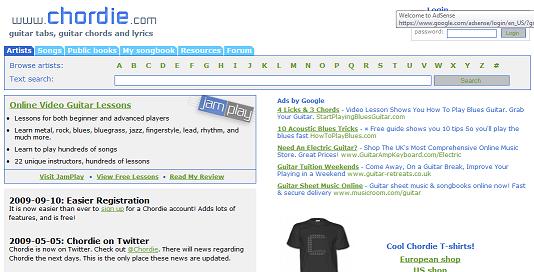After being frustated with my tone tools for quite some time, I moved onto trying to to build my own. It is not as difficult as you would think if you have basic soldering skills and a predisposition to problem-solve and troubleshoot. Of course a simple circuit like a Fuzz pedal or an overdrive is possible to achieve with basic tools and knowledge but semething more complex like a delay pedal migth call for a printed circuit or maybe a kit if your skills are not top notch.
There are quite a few great sites and forums for you to learn the craft (I will post quite a few here). I am sure you will start up with a small selection of tools, but this is highly addictive stuff, so you will see your arsenal of tools grow very rapidly. for the UK the goto place is still Maplin Electronics as for the US Radio Shack still rules the high street.
What you will need:
Soldering iron (nothing too strong 30w will do to start, then maybe a temperature controlled station)
solder (try to get some decent one, maybe with silver and rosin core)
a selection of resistors and electrolytic capacitors, small value capacitor (learn how to read them, it’s not that hard) and stranded wire in a few different colours (you will soon learn the common coding). I’d suggest at the beginning to first to pick a project and try to find all the components, but you will soon realise that most pedals use similar components as they all run at around 9v.
Hammond metal enclosures (you will find predrilled ones online if you are not keen to use a drill), dpdt, 3pdt (for true bypass) switches, jacks, led’s and a set of knobs of your choice.
Here’s a list of great sites :
http://www.generalguitargadgets.com – projects and kits, lots of famous pedals and tweaks of famous pedals. A must.
http://www.tonepad.com – Lots of schematics for the most famous pedals and some good step by step picture tutorials.
http://www.runoffgroove.com – original schematics, this site has been around for quite a while and I have built some of the pedals. highly recommended the different variations of Ruby amp.
www.muzique.com – by Jack Orman, this site has been on since 1995, and it is a must for original designs (don’s quote me on this but it seems that Fulltone took a look to this site for his famous fet booster…)
http://www.diystompboxes.com/smfforum/ – one of the top forums for the pedal mad.
Where to find Parts and components:
www.smallbearelectronics.com – great site (stateside)
www.banzaieffects.com – german based businness that serves europe. I have bought quite a few times from them and they are great.
http://www.pedalpartsplus.com/ – not the biggest, but a great shop especially for the powder coated enclosures
Some of my creations:
‘Income Booster’ – just a clean volume boost, similar to LPB-1 EH, just a clean and fat volume boost.
OCD clone – Great pedal, made a clone to see how the circuit worked (basically 2 Fets used to clip) and liked the sound after a few tweakes…now in my pedalboard.
Fuzz Face variation:
Swtich pedal for Line 6 MM4 (and all that serie of pedals): This has been on youtube for ages…and I am glad to see it has spakerd quite a conversation and more mods…
Disclaimer: I love making original circuits and cloning existing pedals: the latter should be an exercise and never used for commercial purposes. Companies and individuals spend a lot of time and money to develop those pedals: respect other people’s work. Pay attention to soldering and extra attention if you want to venture into etching and making your own PCB’s, I will not be held responsible for any damage!








